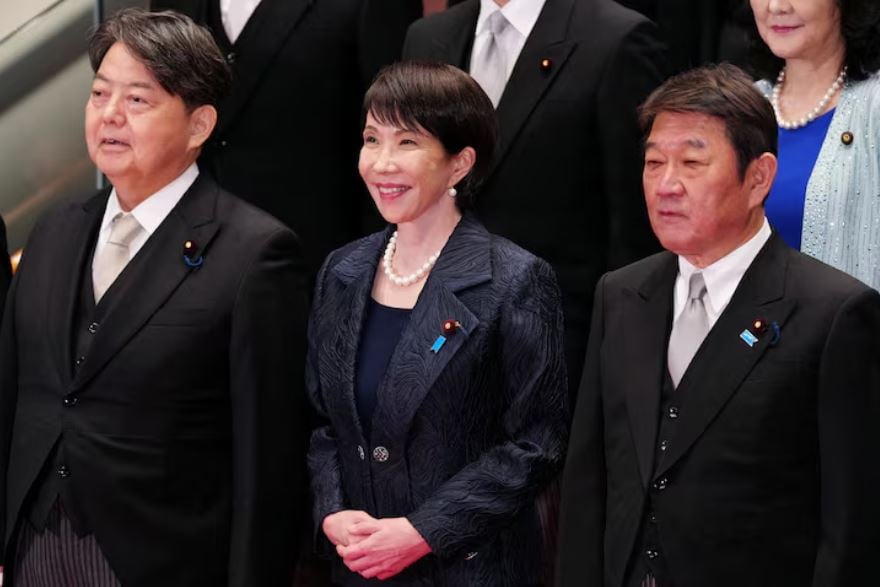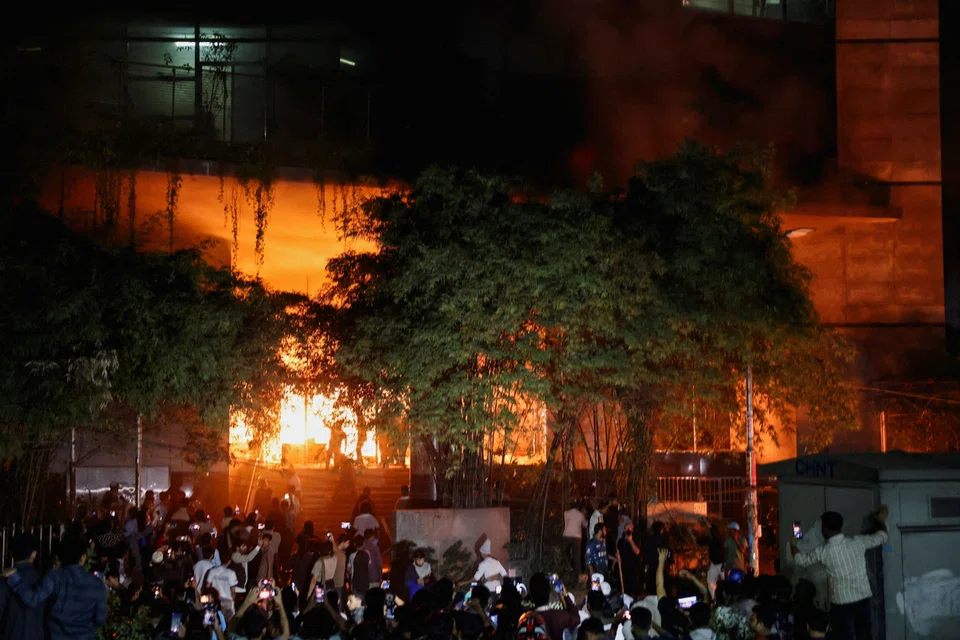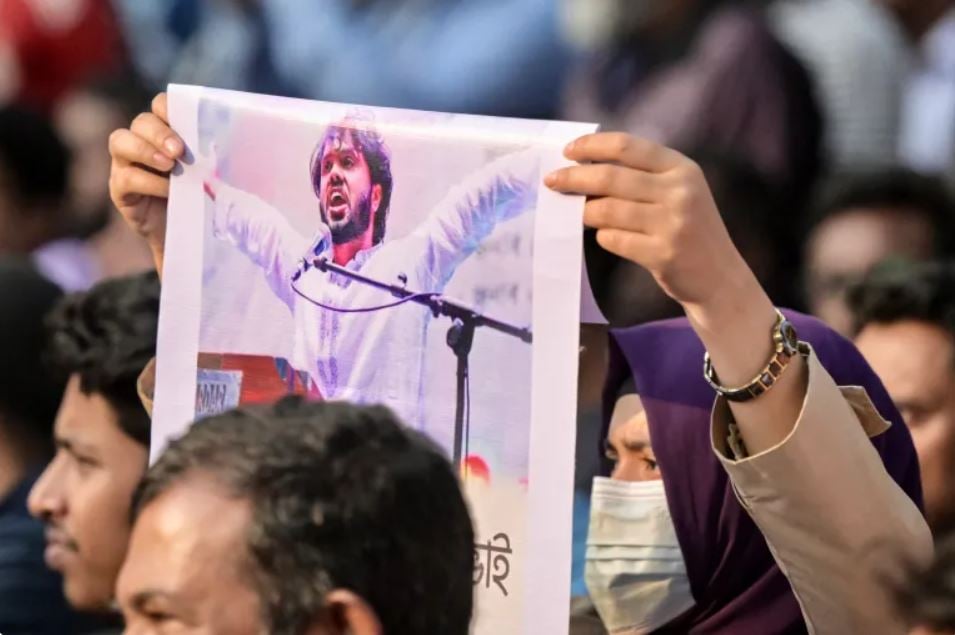Former Henveiru Central Constituency MP Ali Azim has attributed the Maldivian Democratic Party’s (MDP) defeat in the recent presidential election to corruption, dictatorship, and exploitation under the leadership of President Ibrahim Mohamed Solih.
Azim’s remarks came in response to comments made by MDP Chairman Fayyaz Ismail, who cited internal divisions within the party as a primary reason for the loss.
Azim stated that the MDP had lost its way under Solih’s leadership, moving away from the party’s founding principles of fighting corruption, dictatorship, and abuse of power. He claimed that the leadership’s failure to uphold these values led to a decline in the party’s popularity.
He also pointed to the formation of The Democrats, a splinter group created by dissatisfied MDP members, as evidence of the party’s internal struggles. According to Azim, the founders of The Democrats felt the MDP could no longer effectively represent its principles with Solih as leader.
In contrast, Fayyaz Ismail offered a different explanation for the MDP's defeat. In his post-election analysis, Ismail highlighted internal divisions that surfaced near the end of Solih’s presidency. He mentioned that the party had commissioned a study to identify the reasons behind their losses in the presidential and parliamentary elections, with party splits being a significant factor.
Azim’s remarks came in response to comments made by MDP Chairman Fayyaz Ismail, who cited internal divisions within the party as a primary reason for the loss.
Azim stated that the MDP had lost its way under Solih’s leadership, moving away from the party’s founding principles of fighting corruption, dictatorship, and abuse of power. He claimed that the leadership’s failure to uphold these values led to a decline in the party’s popularity.
He also pointed to the formation of The Democrats, a splinter group created by dissatisfied MDP members, as evidence of the party’s internal struggles. According to Azim, the founders of The Democrats felt the MDP could no longer effectively represent its principles with Solih as leader.
In contrast, Fayyaz Ismail offered a different explanation for the MDP's defeat. In his post-election analysis, Ismail highlighted internal divisions that surfaced near the end of Solih’s presidency. He mentioned that the party had commissioned a study to identify the reasons behind their losses in the presidential and parliamentary elections, with party splits being a significant factor.


















